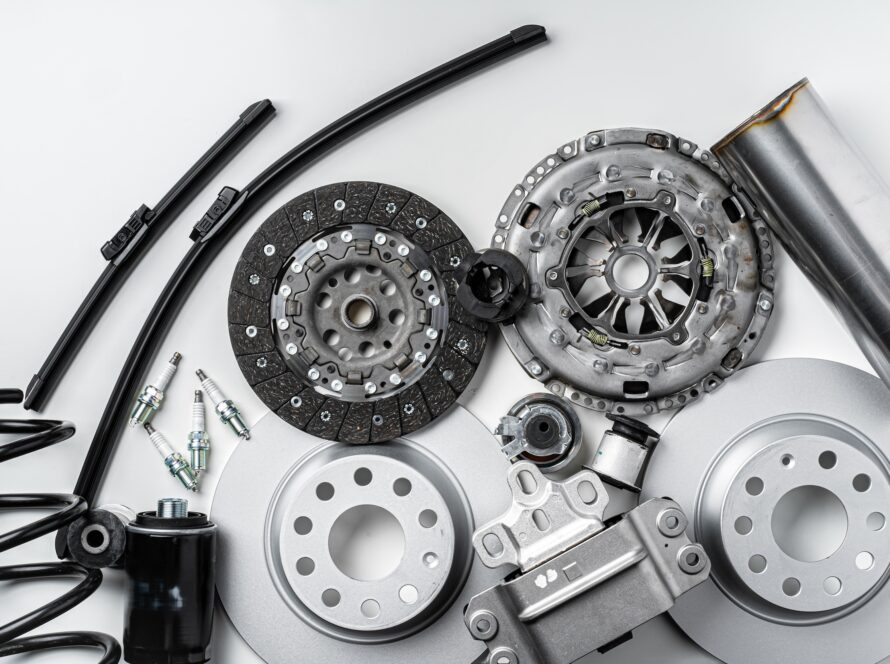The automotive sales market in Europe represents a diverse and competitive landscape shaped by various economic, social, and regulatory factors. Here’s an in-depth overview:
- Trends Driving Automotive Sales Growth:
- Despite challenges like the COVID-19 pandemic and supply chain disruptions, the European automotive sales market has shown resilience, driven by factors such as consumer demand for advanced safety features, comfort, and sustainability.
- Electric vehicles (EVs) and hybrid cars are gaining traction in Europe, fueled by government incentives, stricter emissions regulations, and increasing environmental consciousness among consumers. This shift towards electrification is reshaping the automotive sales market, with major automakers investing heavily in EV development and production.
- Urbanization and changing mobility preferences are influencing automotive sales patterns, with a growing demand for compact cars, city-friendly vehicles, and alternative transportation solutions like ride-sharing and micro-mobility services.
- Challenges Facing the Automotive Sales Market:
- Supply chain disruptions, including semiconductor shortages and logistics bottlenecks, have posed challenges for automotive manufacturers, leading to production delays and inventory constraints.
- Regulatory uncertainties, particularly surrounding emissions standards and trade agreements, can impact automotive sales strategies and product offerings. Adapting to evolving regulatory landscapes requires flexibility and agility from industry players.
- Economic factors such as fluctuating fuel prices, inflationary pressures, and geopolitical tensions can affect consumer confidence and purchasing power, influencing automotive sales volumes and market dynamics.
- Opportunities for Market Expansion and Innovation:
- Digitalization and online retail channels are reshaping the automotive sales experience, offering consumers greater convenience and choice. Automakers and dealerships are increasingly investing in digital marketing, e-commerce platforms, and virtual showrooms to engage with customers and drive sales.
- Collaborations and partnerships between automotive companies, technology firms, and mobility startups present opportunities for innovation in areas such as connected vehicles, autonomous driving, and mobility-as-a-service (MaaS) solutions. These collaborations aim to address evolving customer needs and preferences while driving sustainable growth in the automotive industry.
In conclusion, the European automotive sales market is undergoing rapid transformation, driven by technological advancements, regulatory changes, and shifting consumer behaviors. To thrive in this dynamic environment, automotive companies must embrace innovation, sustainability, and customer-centric strategies to capitalize on emerging opportunities and overcome market challenges.
Curabitur varius eros et lacus rutrum consequat. Mauris sollicitudin enim condimentum, luctus enim justo non, molestie nisl.


